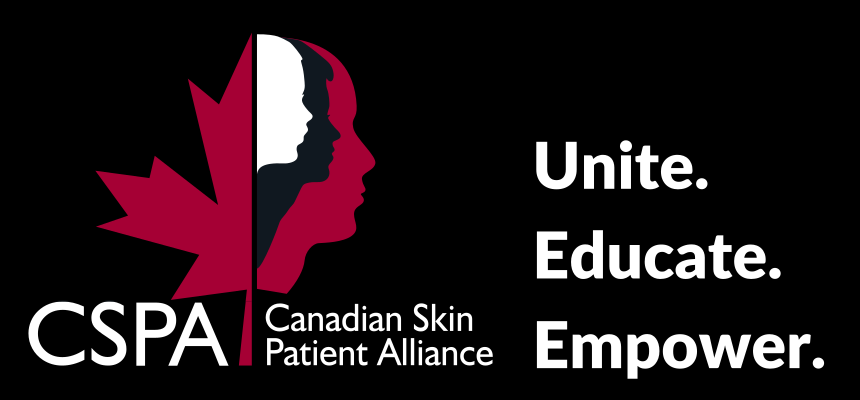Coping and Support
Dr. Marie-France Demierre, the Director of Skin Oncology at the Boston University School of Medicine, collaborated with the Cutaneous Lymphoma Foundation in 2005 to study the health-related quality of life for people with the condition. (To read more about this study, visit www.clfoundation.org/research/QOL_study.html.) Here is a summary of the findings:
- 94 percent reported they worried about the seriousness of their disease.
- 80 percent worried about dying from the disease.
- 94 percent of members who responded were affected by skin redness.
- 88 percent were bothered by itching.
- 63 percent reported that the extent of symptoms affected their choice of clothing.
- For most, the disease made them tired or impaired their sleep.
- 62 percent felt that their disease made them unattractive.
However, 85 percent felt that their treatment made their disease more manageable.
There is no question that CTCL affects a person with the condition—but treatment can alleviate symptoms. Physicians and family members can help by acknowledging the emotional and social impact of this disease, as well as working to improve the person’s quality of life.
The Cutaneous Lymphoma Foundation is a good source of information and support.











